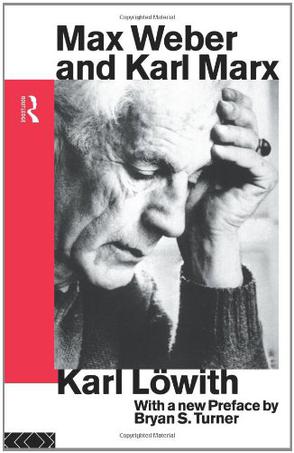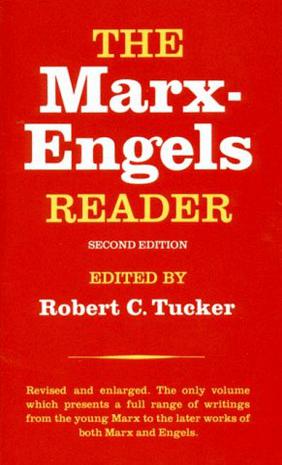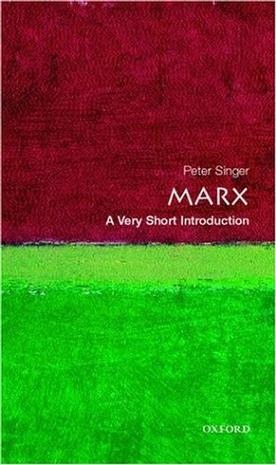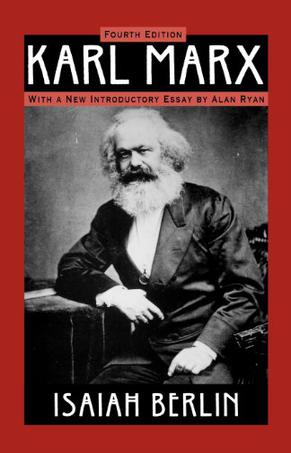-

Max Weber and Karl Marx (Routledge Sociology Classics)
http://www.questia.com/PM.qst?a=o&d=103888756 -

The Marx-Engels Reader
This revised and enlarged edition of the leading anthology provides the essential writings of Marx and Engels--those works necessary for an introduction to Marxist thought and ideology. -

Marx
Peter Singer identifies the central vision that unifies Marx's thought, enabling us to grasp Marx's views as a whole. He sees him as a philosopher primarily concerned with human freedom, rather than as an economist or a social scientist. He explains alienation, historical materialism, the economic theory of Capital, and Marx's ideas of communism, in plain English, and concludes with an assessment of Marx's legacy. -

The Communist Manifesto (Penguin Classics)
Originally published on the eve of the 1848 European revolutions, The Communist Manifesto is a condensed and incisive account of the worldview Marx and Engels developed during their hectic intellectual and political collaboration. Formulating the principles of dialectical materialism, they believed that labor creates wealth, hence capitalism is exploitive and antithetical to freedom. This new edition includes an extensive introduction by Gareth Stedman Jones, Britain's leading expert on Marx and Marxism, providing a complete course for students of The Communist Manifesto, and demonstrating not only the historical importance of the text, but also its place in the world today. -

Karl Marx
First published over fifty years ago, Isaiah Berlin's compelling portrait of the father of modern Communism has long been considered a classic of modern scholarship and the best short account written of Marx's life and thought. It provides a penetrating, lucid, and comprehensive introduction to Marx as theorist of the socialist revolution, illuminating his personality and ideas, and concentrating on those which have historically formed the central core of Marxism as a theory and practice. In turn, Berlin presents an account of Marx's life as one of the most influential and incendiary social philosophers of the nineteenth century and depicts the social and political atmosphere in which Marx wrote. This edition includes a new introduction by Alan Ryan which traces the place of Berlin's Marx from its pre-World War II publication to the present, and elucidates why Berlin's portrait, in the midst of voluminous writings about Marx, remains a classic account of the personal and political side of this monumental figure.